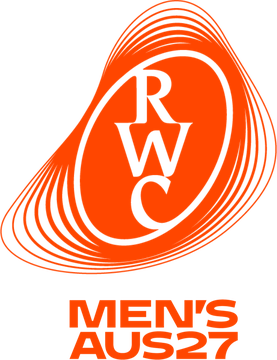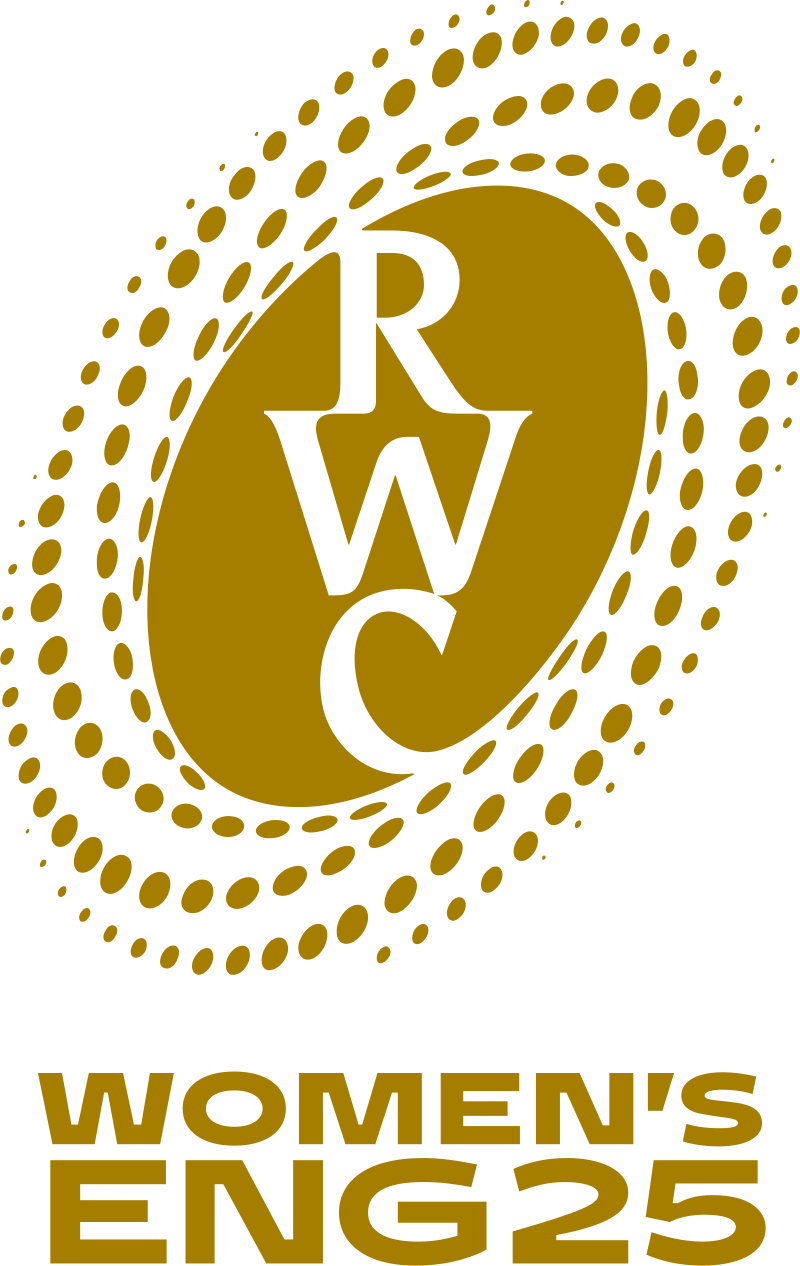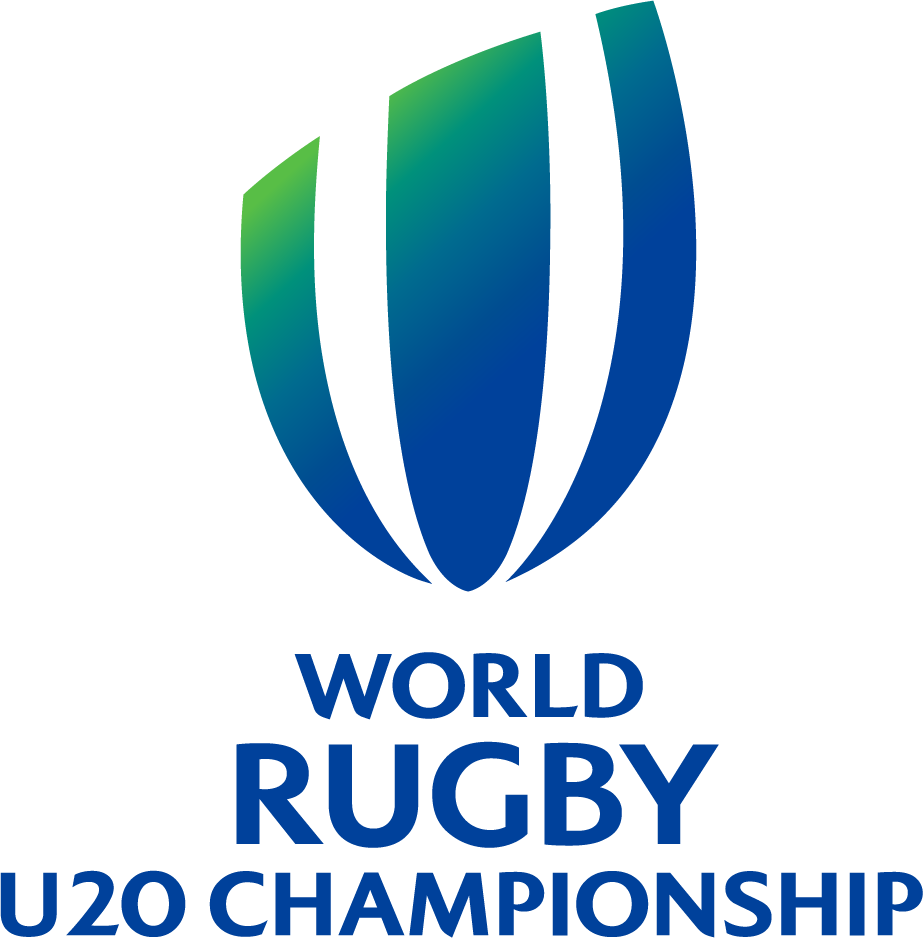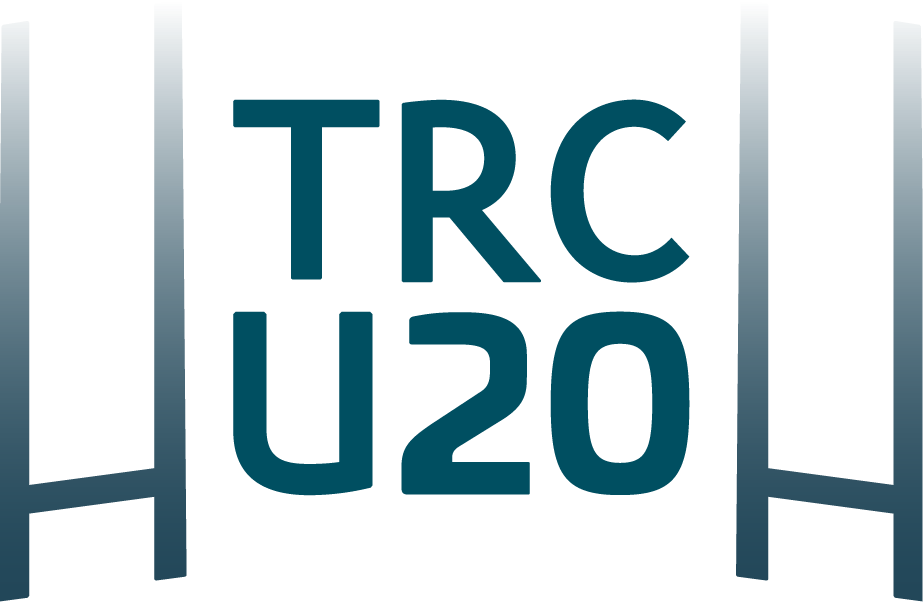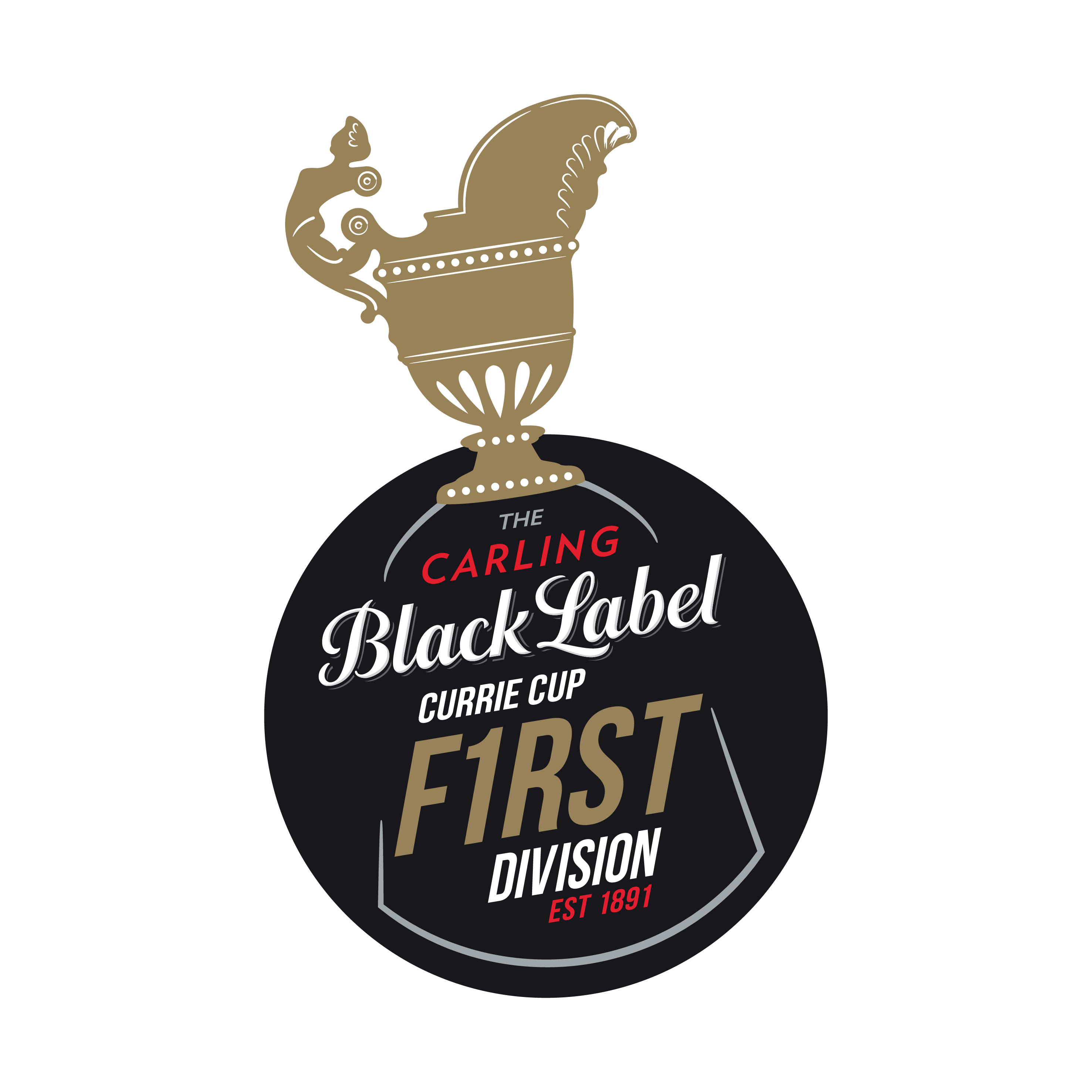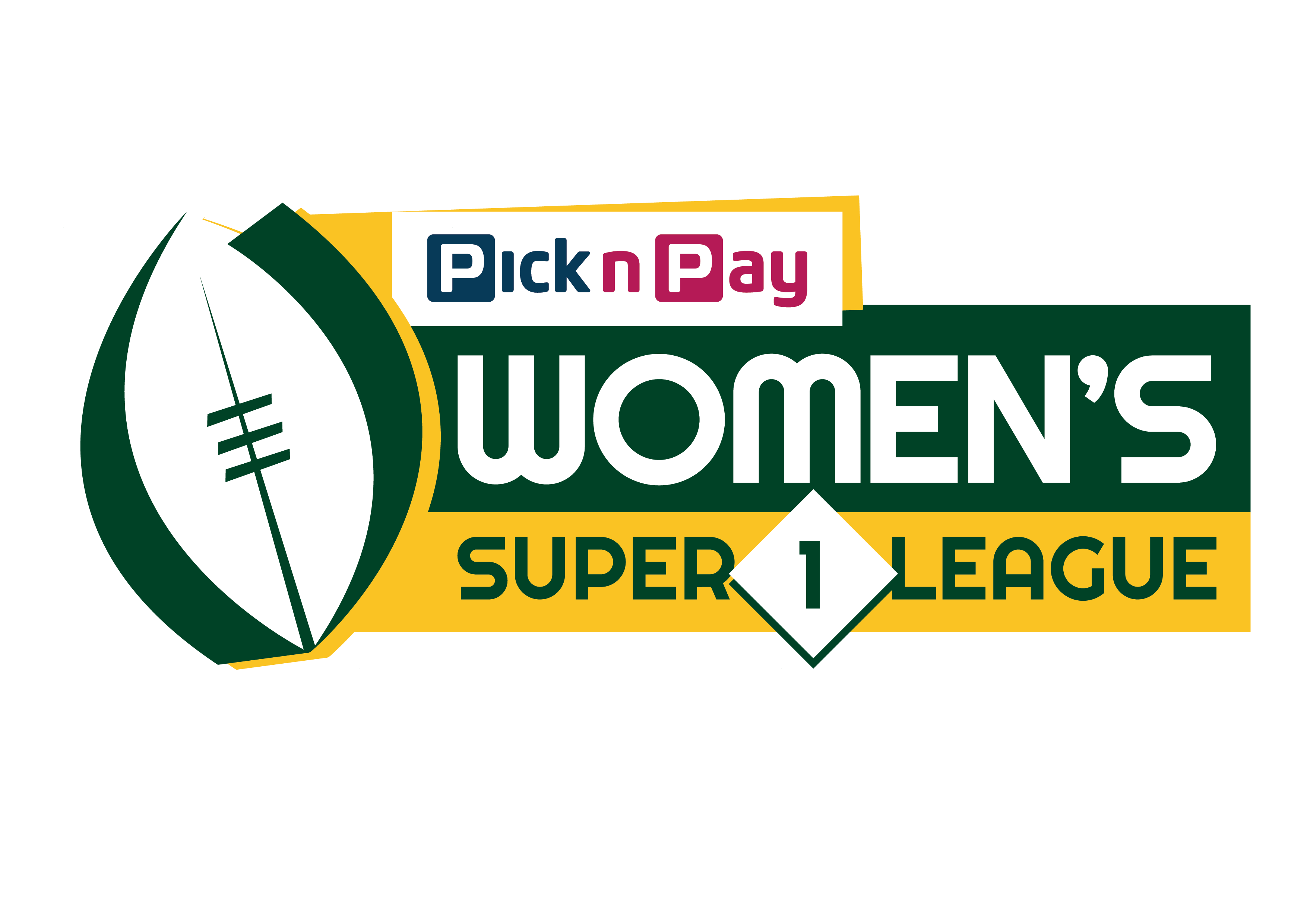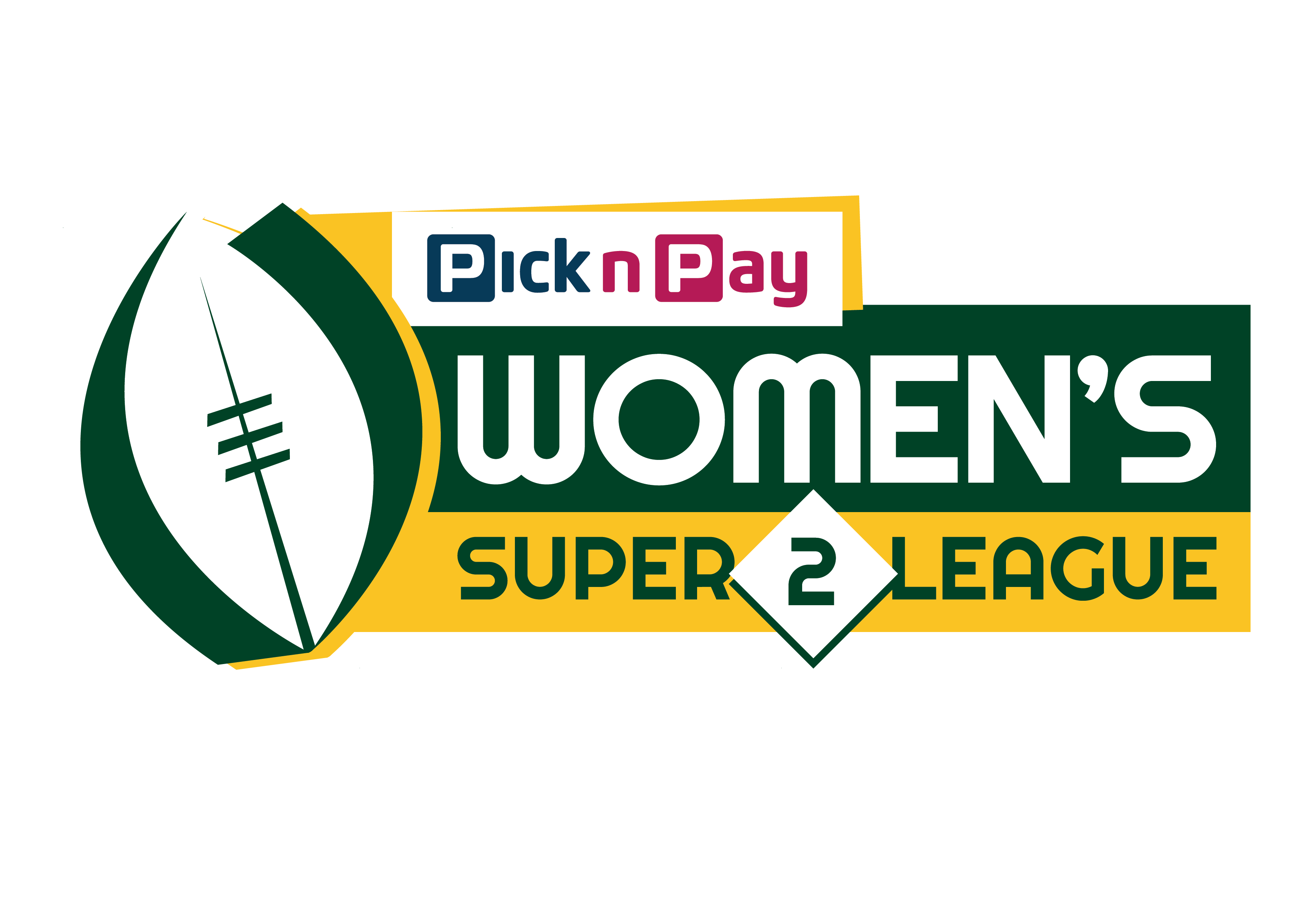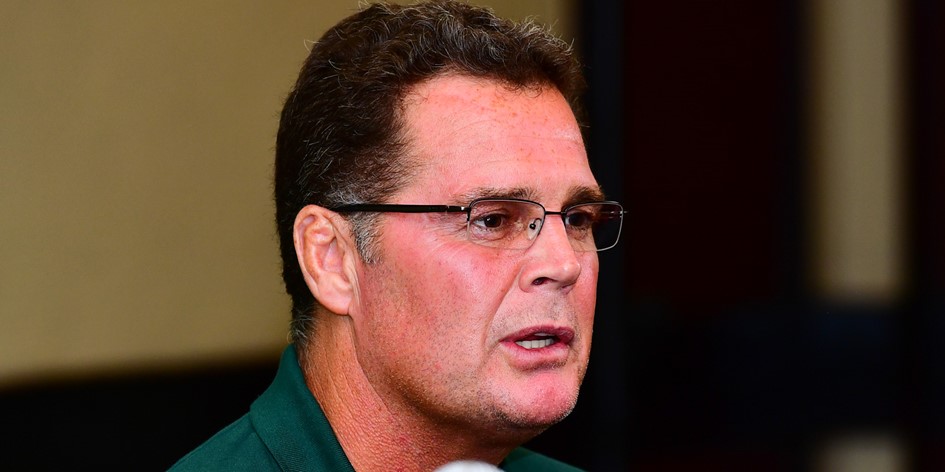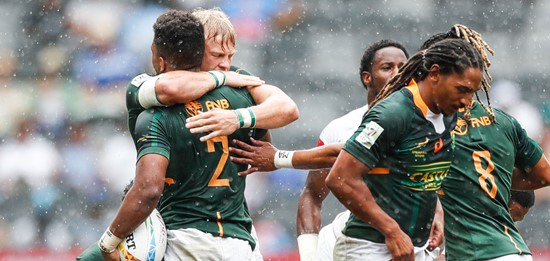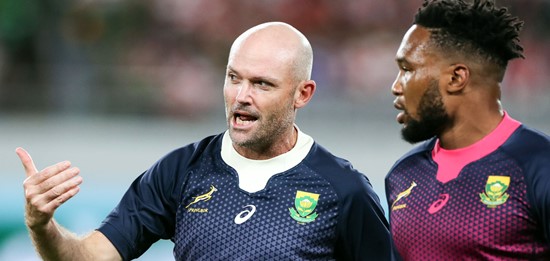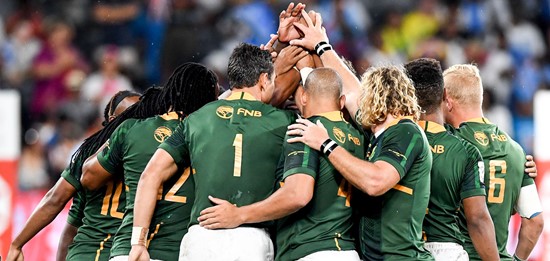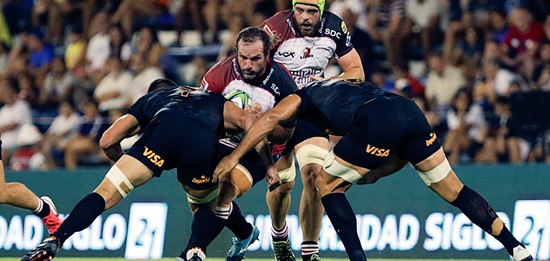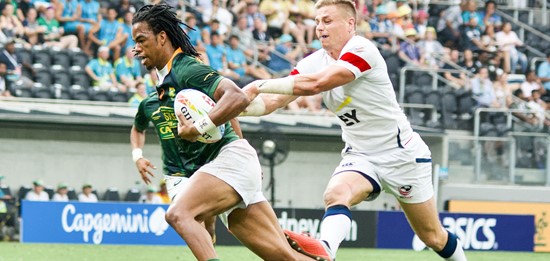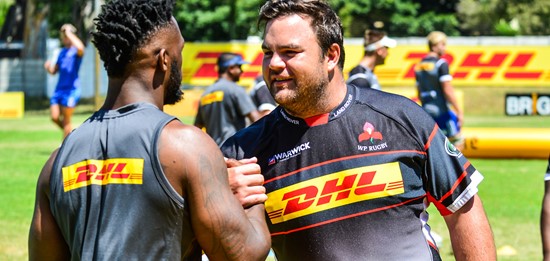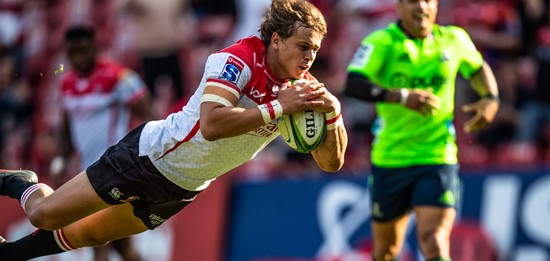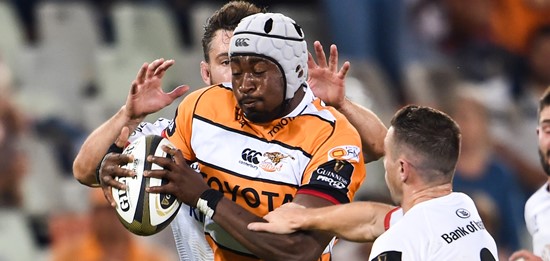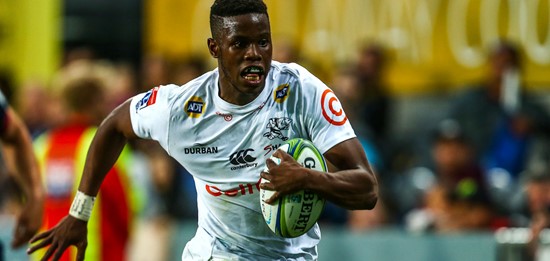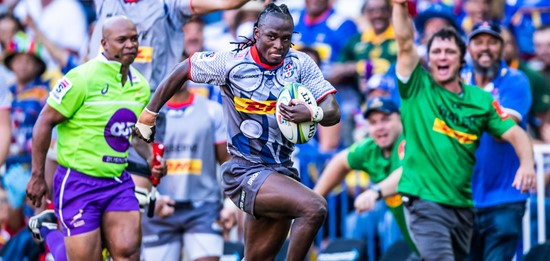World Rugby announced on Monday night that the global spectacle will run from 18 September to 16 October, with matches being spread across three venues, namely Waitakere Stadium, Whangarei’s Northland Events Centre, and Eden Park in Auckland.
The teams that have already qualified for RWC 2021 include Australia, Canada, England, Fiji, France, New Zealand, South Africa, the USA and Wales, while another three teams will book their places this year.
The tournament will feature three pool rounds – on Saturday, 18 September; Thursday, 23 September; and Tuesday, 28 September respectively; while the quarter-finals will play out on Sunday, 3 October; the semi-finals on Saturday; 9 October and the Final and bronze final on Saturday, 16 October.
“Building a quality Springbok Women’s team and developing women’s rugby in general are among our top priorities at SA Rugby, so it was exciting to receive the dates for the 2021 Rugby World Cup,” said Erasmus. “And we are determined to develop a competitive team.
“Historically the Springbok Women have struggled in the RWC, and we would like to turn over a new leaf next year. That said we are aware that we are far behind the other countries, so the important thing for us is to show some growth as a team.
“Obviously that requires quality structures, sufficient training camps and game time against quality opposition, and we are working on that. But we have a direction to work toward with the dates now confirmed, and hopefully we will be in a position to make announcements on the team’s schedule in the near future.”
Of the confirmation of the tournaments dates and venues, Raubenheimer said: “It was a reality check to receive the dates because it puts things into perspective in terms of the time frames we are working towards, and time is a challenge because it will pass by quickly. But it is good to know how long we have to put all the groundwork in place and work with the players.”
Raubenheimer said there were a few vital aspects to get the ball rolling.
“The most important short-term goals are to assess the injuries and get the players back on the field as soon as they recover, and then we need to get the players who are training to reach the level we would like them to be at,” Raubenheimer said. “We also need to put together a good group of players to work with in the lead-up to the competition, so we can grow a quality team in the months to come.”
World Rugby Chairman, Sir Bill Beaumont, looked forward to an exciting tournament in New Zealand, saying: “Women’s rugby is the single-biggest opportunity to grow the global game, and we are confident that New Zealand 2021 will be one of the great Rugby World Cups, attracting a new fan and player base for the sport.
“RWC 2021 follows a hugely successful 2017 event in Ireland which broke attendance and broadcast records, having a hugely positive impact on women’s rugby. Last year we successfully launched ‘Try and Stop Us’, a campaign that aims to drive increased participation and engagement among fans, audiences, players and investors in the women’s game.
“It is a privilege to be in New Zealand and to see the huge amount of work that has already gone into ensuring this will be another spectacular tournament for the world’s best women’s teams.”







